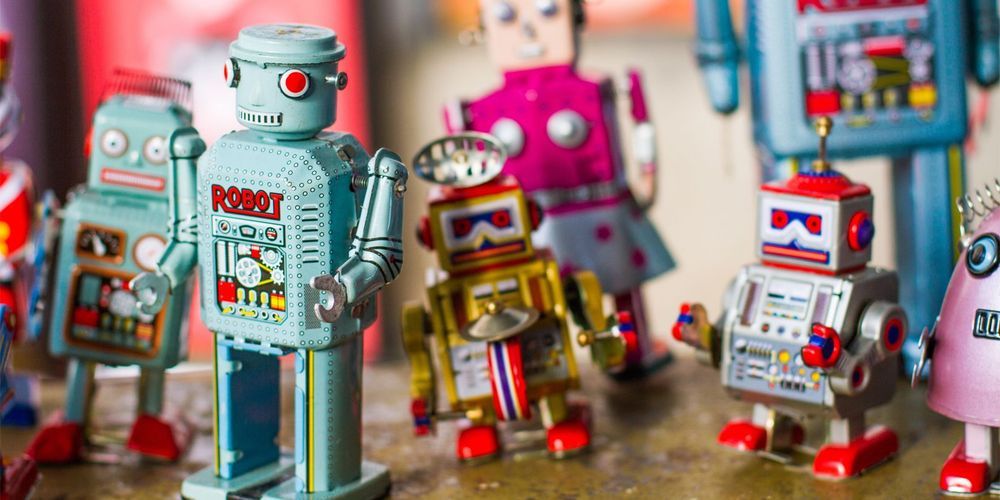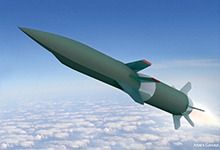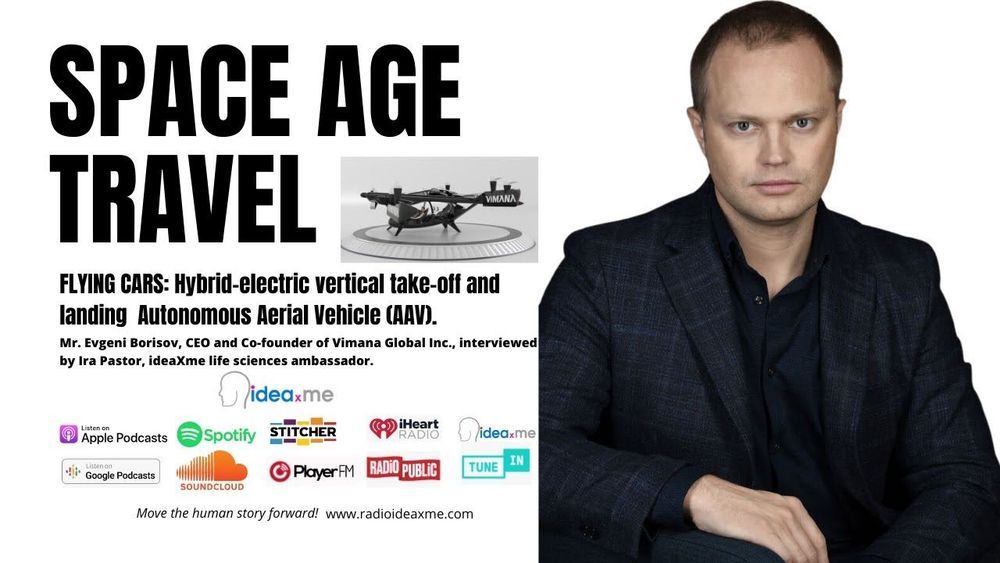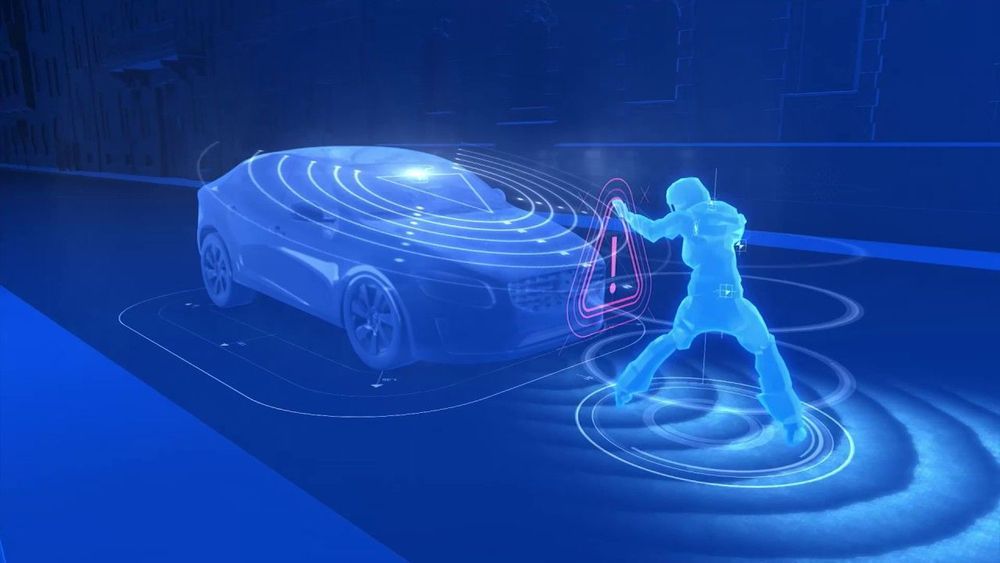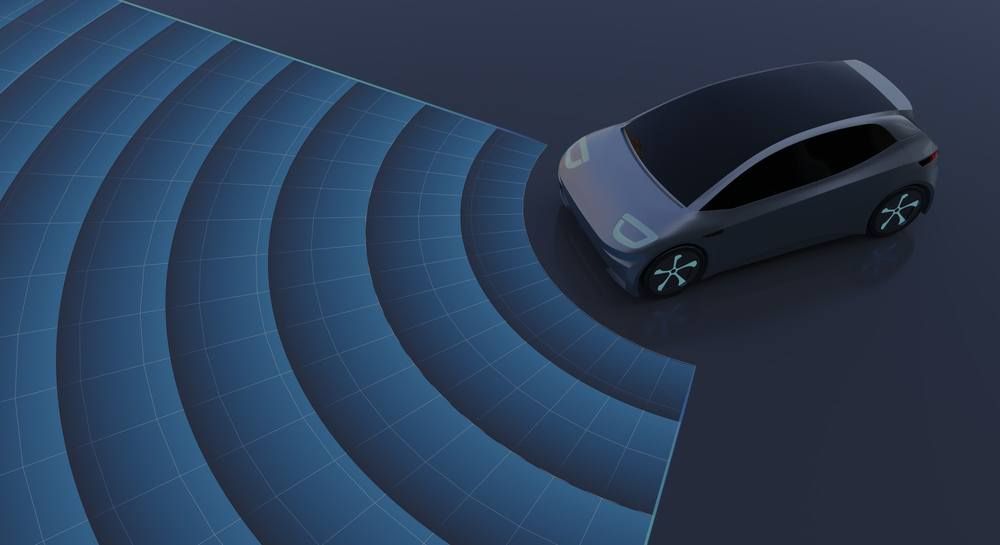Sep 4, 2020
The genetics of blood: A global perspective
Posted by Genevieve Klien in categories: biotech/medical, genetics
What’s the risk of different human populations to develop a disease? To find out, a team led by Université de Montréal professor Guillaume Lettre created an international consortium to study the blood of hundreds of thousands of people worldwide.
In one of the largest studies of its kind, published today in Cell, close to 750,000 participants from five major populations—European, African, Hispanic, East Asian and South Asian—were tested to see the effect of genetic mutations on characteristics in their blood.
These characteristics include such things as hemoglobin concentration and platelet counts.

